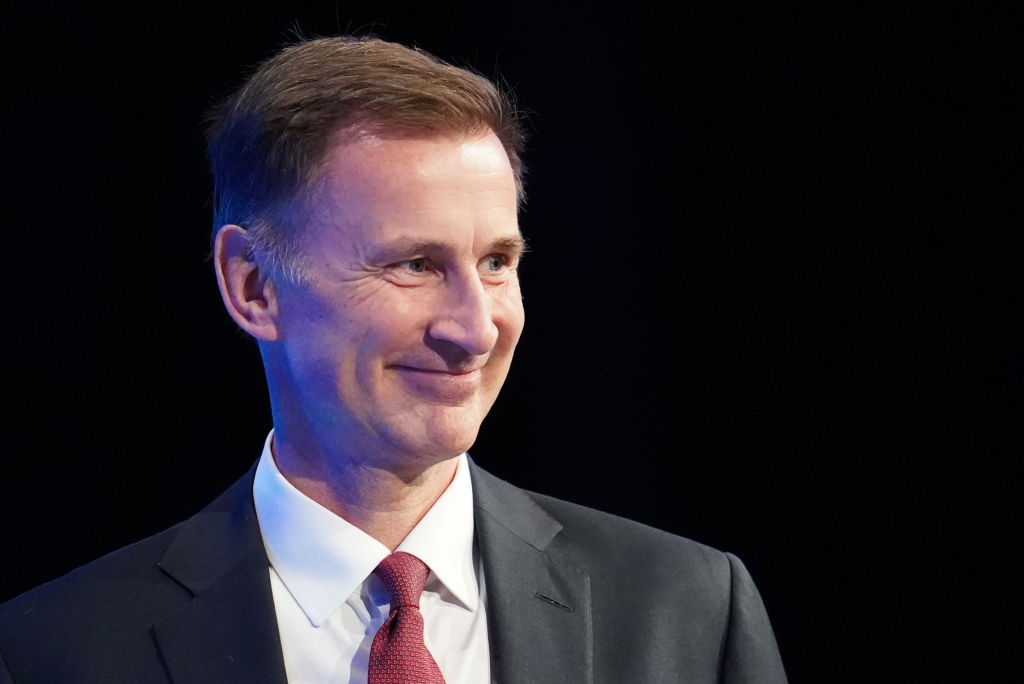Debt agencies looking to consolidate are set to rouse the virtually dormant debt recovery M&A market. Mark Dunne investigates
James Cornell is no stranger to debt. The chief executive of Lowell has built a career on retrieving consumer borrowings bought from blue-chip organisations. But in June, he found himself on the other side of the table.
Cornell led a management buy-out of the debt purchasing company from a fund managed by Cabot Square Capital. He closed the deal with the support of Exponent Private Equity and, veering from the norm of buying other people’s debt, took on £100 million of his own from a consortium comprising Europe Arab Bank, Lloyds TSB and nabCapital.
The new owner of the company may not have been aware of it, but his actions were something of a rarity, as deals in the debt recovery market are not an everyday occurrence. The Lowell buy-out was one of only 12 deals that completed between March 2007 and September this year, according to figures compiled by M&A analyst Zephyr.
Indeed, while Lowell may have been one of the largest transactions in its industry recently, believed to have been worth some £250 million, other high-profile transactions have been scarce. Highlights include 1st Credit buying Connaught Collections, and Equidebt adding tracing company European Collections & Investigations to its business, but they closed some two years ago.
Coming soon
This could all change, according to a board member of the Credit Services Association, the governing body of the credit services industry. Leigh Berkley tends to agree with Lowell that M&A activity has been thin on the ground recently, but he believes that soon it will be a different story.
“In the past, we have seen fairly tactical debt buyers targeting expertise that they don’t have in-house through acquisitions – would-be buyers who want a tracing capability or access to a field force that goes out and knocks on doors to collect the cash,” he says.
Debt buyers tend to be larger now, with private equity firms, such as Barclays, Bridgepoint and Japan’s Nikko Principle Investments backing such businesses.
And this may not be the only route to funding deals, as Berkley predicts that “quite a few” will eventually end up as quoted companies.
“These ventures are the ones that are looking for growth abroad,” he explains. “Several have made acquisitions in Spain, Portugal and Poland. There will be some European deals, but I think there will be more UK acquisitions in the future.”
Under pressure
Berkley predicts that M&A activity will increase in the next few years as debt collection agencies face pressure on the amount of commission they can pocket. “We will see debt collection agencies merging or being acquired principally by debt buyers.”
This consolidation could mean the end of these businesses, which would be swallowed up as companies move to a model of buying and collecting debt. “The pure debt collection agencies will not be a dying breed, but it will be quite tough for them to survive,” Berkley says.
He claims that this is already happening, but that we will be witnessing even more of this type of activity in the sector.
“It will take off next year because there is more pressure on larger agencies to offer more services to creditors, from buying debt to tracing people and doing collections – everything,” says Berkley.





